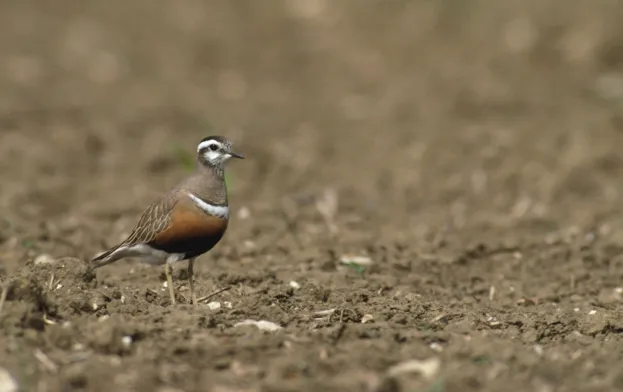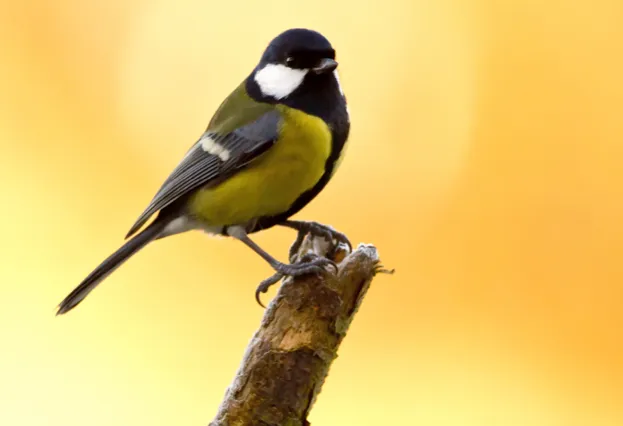The State of the UK’s Birds 2017 (SUKB) has been published, examining the statuses of the UK’s breeding and non-breeding bird species.
The report analyses long-term data, allowing scientists to track the effects of climate change.
The average temperature of a British summer has increased by nearly 1 degree Centigrade since the 1980s, which has caused a shift in breeding and migratory behaviour.
“For some species climate change will provide opportunities to increase and expand provided the right habitat is there,” explains Dr Daniel Hayhow, lead author of the SUKB 2017.
“Others will be vulnerable to projected changes in climate, increasing their risk of extinction as breeding species in the UK.”

Species mainly found in northern regions of the UK like the dotterel and common scoter have suffered as a result of the climbing temperature. However, other birds have found new opportunities to thrive.
In recent years, species such as the quail, little egret and hobby have begun to expand their range and colonise new areas of the UK, now that their homes in continental Europe are becoming too hot and dry.
The report also lists a number of species with a high likelihood of colonisation, including black night heron, red-backed shrike and short-toed eagle.
The changes have benefitted short-distance migrants, too. Chiffchaffs and blackcaps are often spending winter here instead of moving to southern Europe. Breeding numbers of both species have more than doubled since 1970.

The great tit, a very familiar resident species in the UK, is now laying its eggs 11 days earlier than it did 40 years ago, proving that not only migrating birds are adapting their behaviour.
“It is vital that we create the conditions that allow biodiversity to adapt to a changing climate,” says Dr Michael Morecroft, principal specialist for climate change at Natural England.
“This will help species to better survive periods of extreme weather…It would also have wider benefits for people, for example, creating new wetland habitats in river floodplains could greatly reduce the impacts of more frequent flood events resulting from climate change.”
Main image: Little egrets first bred in the UK in 1996, but are now a common sight along the south and east coasts of England. © Peter Chesterfield/RSPB
